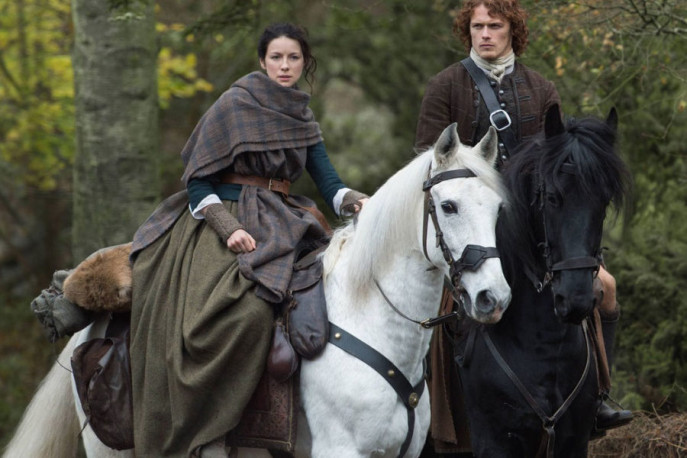
by: Ellen C. Caldwell
for JSTOR Daily
Last month marked the 270th anniversary of the Battle of Culloden, a site that the battlefield’s memorial calls “iconic and emotive.” As fans of Outlander—both Diana Gabaldon’s time-traveling book series and the Starz network show—know, the Battle of Culloden was bloody, quick, and monumental in transforming Scottish Highlanders’ lives.
Simply understood, the 1746 battle took place between the English and the Scottish Highlanders, led by Prince Charles Edward Stuart (also known as Bonnie Prince Charles and “The Young Pretender”) in the last confrontation of the 1745 Jacobite Uprising. A more nuanced version of history recounts the complexity leading to the battle as a civil war that did not fall so cleanly between the English and Highlanders, but rather pitted the Jacobites against the British Hanoverian government. In an hour’s time, more than 2,000 Jacobites were killed, compared to a mere 300 deaths on the side of the British government. Because of the mass casualties and strict British impositions following the battle, Culloden is often credited with effectively ending the traditional Highland way of life…
